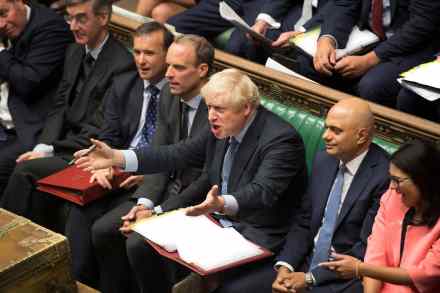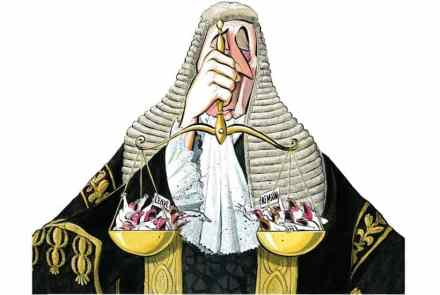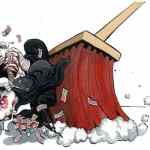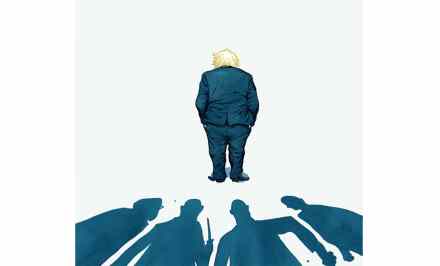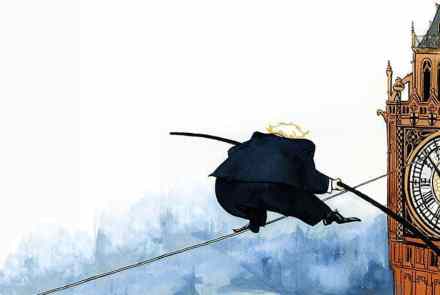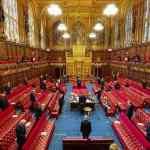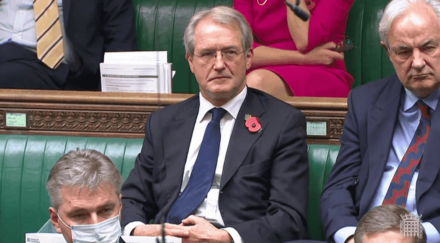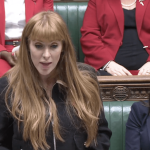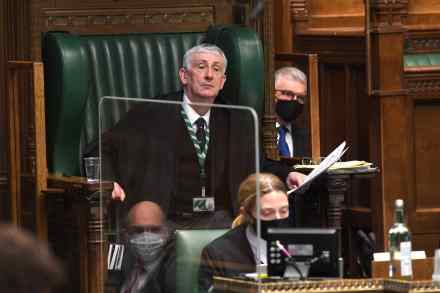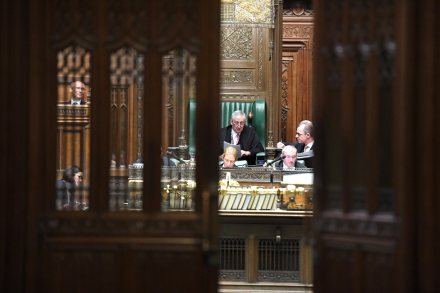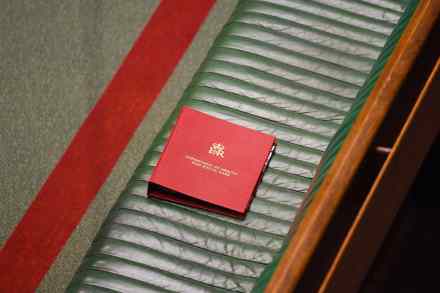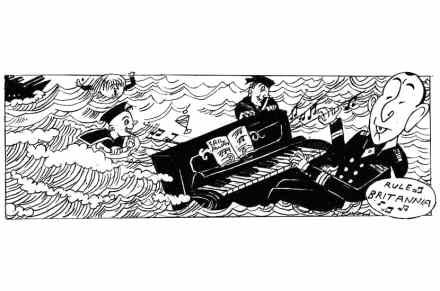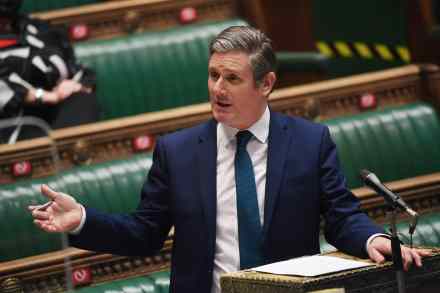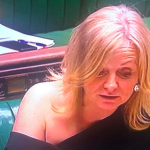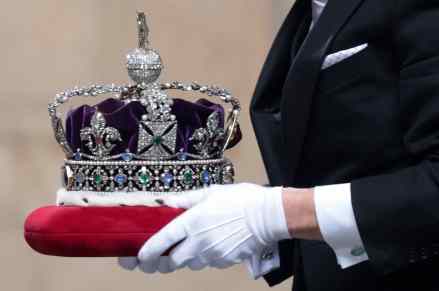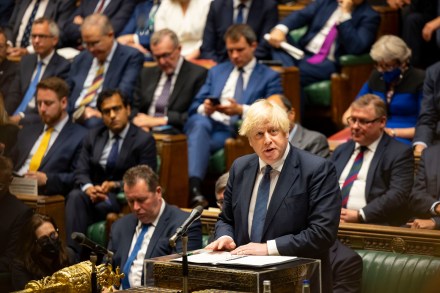Why a large rebellion matters for Johnson
Boris Johnson will this evening face his largest Tory rebellion yet as the issue of vaccine passports comes to a vote in the House of Commons. Today MPs will vote on various aspects of the government’s Covid Plan B proposals — much of which has already come into force. There will be four votes: one on face masks being mandatory in venues like the cinema and theatre; another on daily lateral flow testing to avoid self-isolation if you are a close contact of a positive Omicron case; a third on mandatory vaccination for NHS staff and finally — and most controversially — the introduction of vaccine passports. The Spectator has a live tally of
